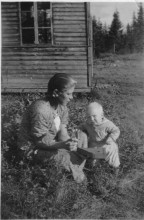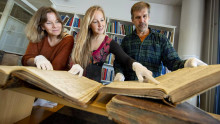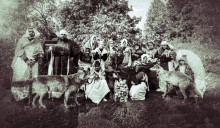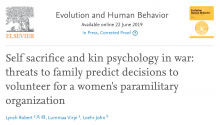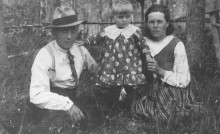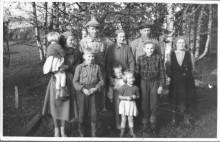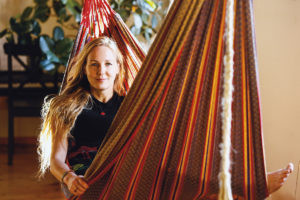
NetResilience (Social networks, fertility and wellbeing in ageing populations: Building demographic resilience in Finland) investigates demographic change from the perspective of social networks. Close social ties affect the wellbeing of individuals, families, and communities, and supporting these networks should become a social policy priority. Our main aim is to identify network characteristics that strengthen population resilience, or the ability to adapt to external shocks. We study how population change affects social networks, and how changing networks, in turn, shape population change and wellbeing. For example, changes in size and structural features of social networks likely play a part in recent fertility declines in many wealthy societies. To study these changes, we apply complex network science methodology to real-life human networks using contemporary register and survey as well as historical Finnish data. Our practical goal is to support targeted, cost-effective regional solutions to family, youth and ageing services in regions facing either depopulation or population growth.
Consortium parties:
Antti Tanskanen, University of Turku
Markus Jokela, University of Helsinki
Virpi Lummaa, University of Turku
Anna Rotkirch, The Family Federation of Finland
Jari Saramäki, Aalto University
The Strategic Research Council (SRC) funds high-quality research with great societal relevance and impact. SRC-funded research seeks concrete solutions to grand challenges that require multidisciplinary approaches.

